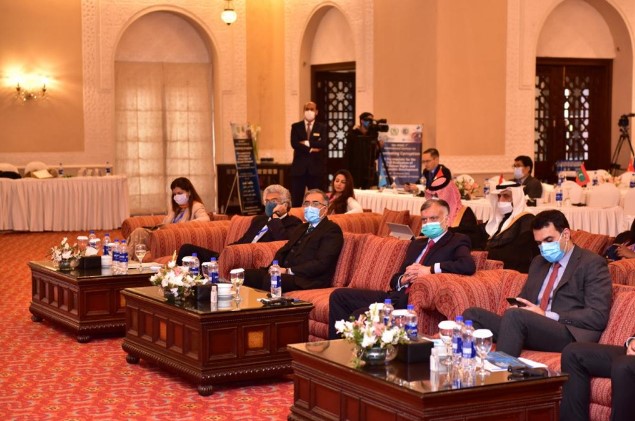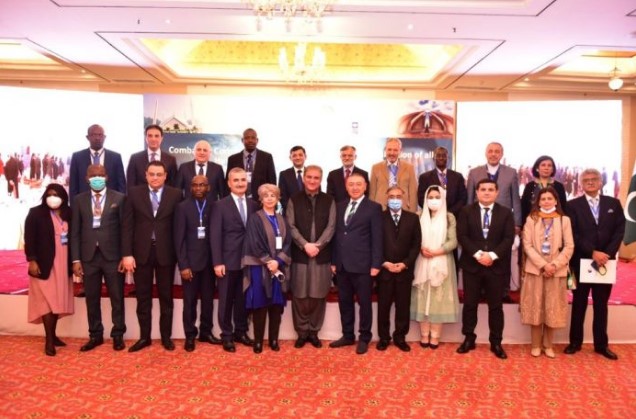Pakistan-China CCI leader for businesses and commercial activities under Islamic financial laws

Lahore: Pakistan-China Joint Chambers of Commerce and Industry (PCJCCI) Senior Vice President (SVP) Ehsan Choudhry has said that businesses and commercial activities should be in accordance with Shariah (Islamic) and Islamic financial laws.
In a think-tank meeting of the PCJCCI here, he maintained that China-Pakistan Economic Corridor (CPEC) does not discourage the dealing according to Pakistanis’ faith in Pakistan.
The meeting was also attended by PCJCCI Vice President Sarfaraz Butt, Secretary General Salahuddin Hanif and other executive members.

Referring to the Global Islamic Finance Report, the SVP mentioned that Pakistan ranks number 9 in the world in terms of development of the Islamic financial services industry in the country.
However, he pointed out that the growth of Islamic banking in the country had been over 30 percent in the last few years, which was certainly above the average global growth rate of Islamic banking and finance.
“If this trend continues, then one should expect that in the next three years Islamic banking assets will at least double from its current size of (Pakistani) Rs 926 billion,” he added.
Ehsan Choudhry and observed that the Islamic Financial System has the potential to provide better banking and financial services than the conventional system, provided it capitalizes on its own inherent strengths and avoids following the conventional system.
PCJCCI Vice President Sarfaraz Butt was of the view that the urgent need of the Islamic Finance Industry was to build and enhance the professional capacity of each individual.
He added that capacity building activities not only help improve human and institutional capacities but also enhance communication and co-operation among concerned institutions.
Butt underscored that the key drivers for growth and competitiveness of Islamic banking industry included Product Innovation, Development and Research.
“Development and adoption of simple, standard and cost effective legal frameworks for contracts associated with the new and hybrid products,” he stated.

On this occasion, Salahuddin Hanif underscored that Islamic banking had proved over time that it is based on firm and sound economic principles and has a good potential for becoming an alternative system of banking especially in view of the global financial crisis.
He stressed that all stakeholders should understand the limitations at this stage and work towards its advancement.





